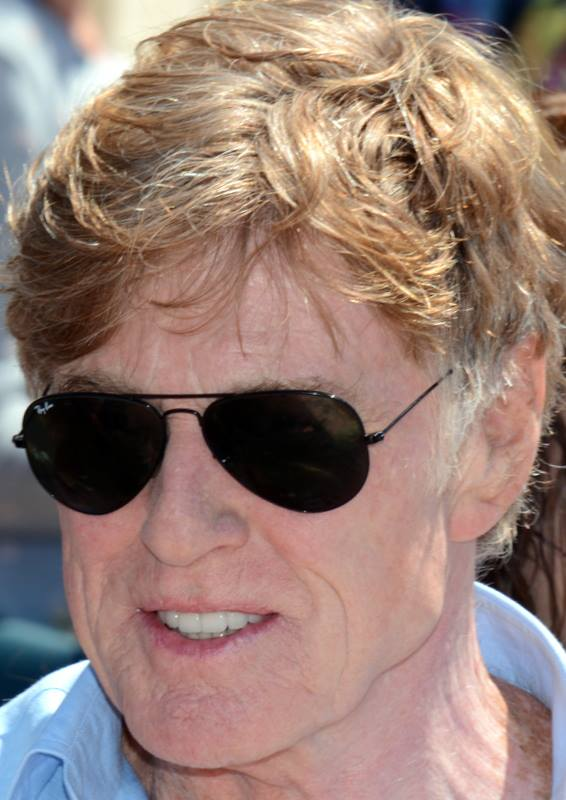
The death at 89 of Robert Redford, a leading figure of American independence in film, is an occasion to reflect on a career that transformed American cinema, encouraged independent voices, and synthesized art and activism. “For me, the word to be emphasized is ‘independence,'” he once stated, a philosophy that guided him as both a performer before the camera and a director behind it.
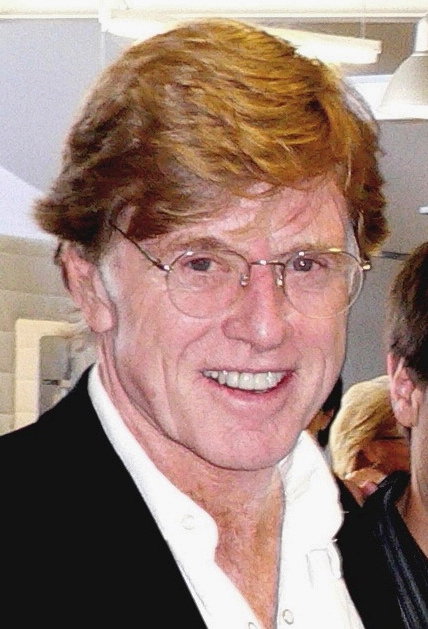
1. From Leading Man to Master Craftsman
Redford’s success during the 1960s and 70s was meteoric, with appearances in The Candidate, The Way We Were, and All the President’s Men. His blond, curly hair and boyish smile helped make him a Hollywood sex symbol, but he avoided becoming stereotyped. His reporting as journalist Bob Woodward infused nonobtrusive intensity into political drama, and his acting as a castaway in All Is Lost demonstrated that he was able to carry a film on 51 words of dialogue.
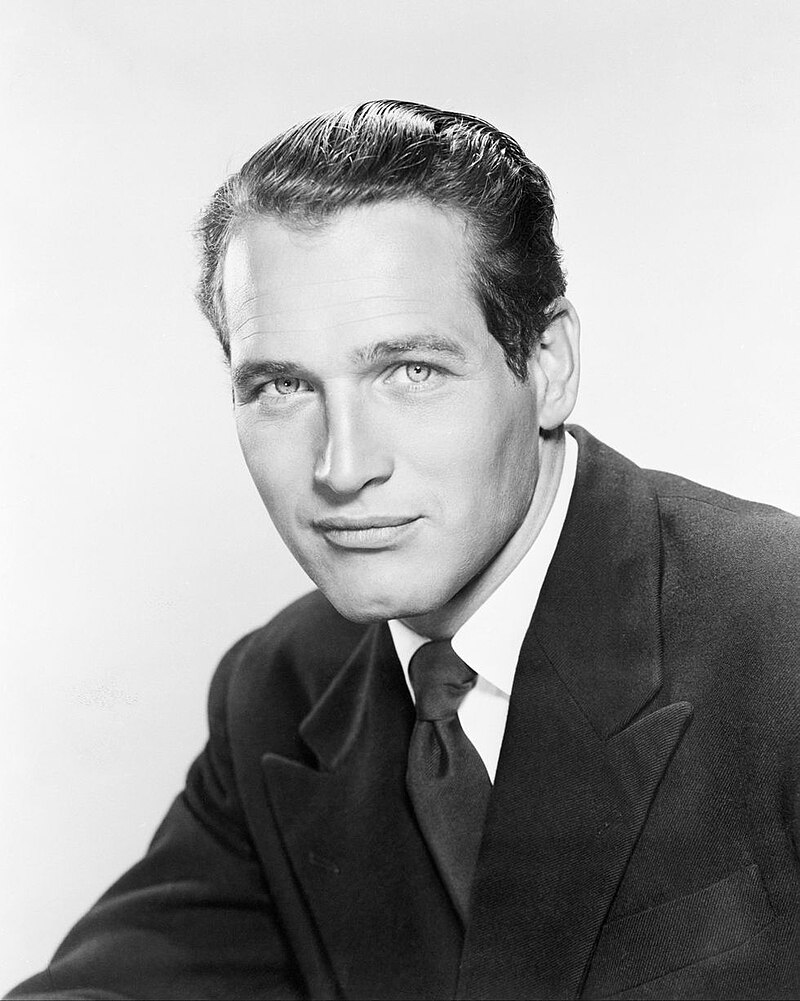
2. The Paul Newman Connection
The most significant collaboration was with Paul Newman, starting with Butch Cassidy and the Sundance Kid in 1969. “Playing friends, we became friends,” Redford recalled. Newman campaigned for him to play the Sundance Kid, instructing studios, “I want to work with an actor.” Their chemistry on screen translated to the set of The Sting, as their offscreen camaraderie was characterized by quirky pranks, such as Redford giving Newman a smashed Porsche, which Newman reciprocated by packing it tightly into a cube.
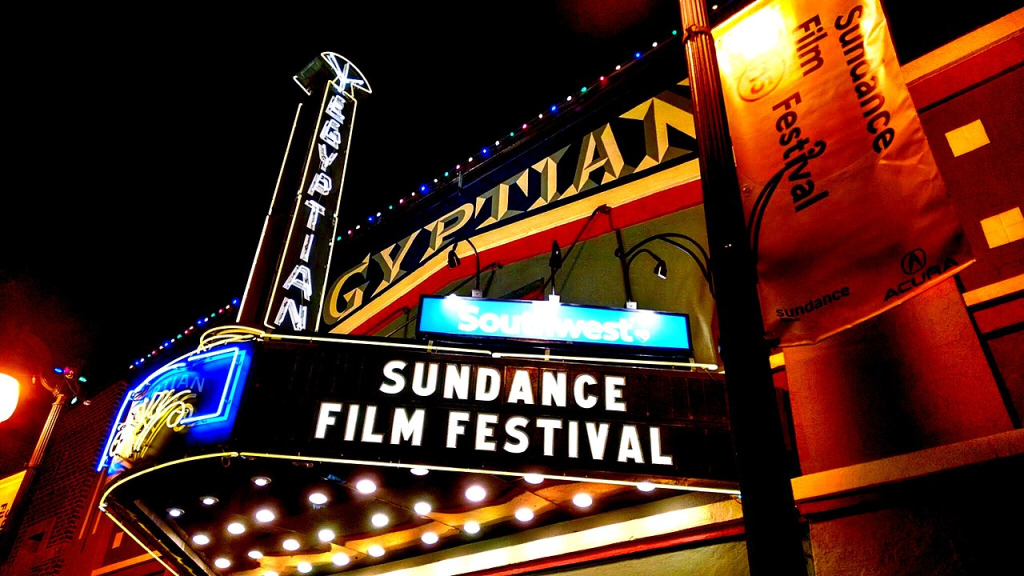
3. Creating the Sundance Institute and Festival
While there’s widespread perception Redford got the festival started, he re-made it when he joined in 1981. Initially known as the Utah/US Film Festival, it became the Sundance Film Festival under his leadership, moved to Park City, and became associated with the Sundance Institute mission he founded. The festival offered a platform for directors such as Quentin Tarantino, Steven Soderbergh, and Paul Thomas Anderson, debuting breakout titles from Little Miss Sunshine to Coda, the first Sundance film to take home Best Picture at the Oscars.
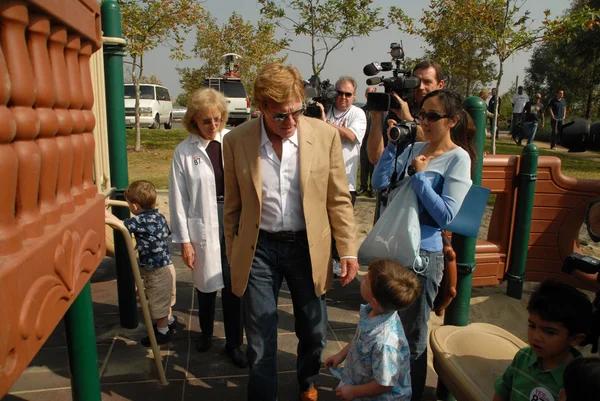
4. Celebrating Independent Filmmaking
Redford had witnessed Hollywood dominated “pretty well by the mainstream” and needed an outlet for presenting untold tales. Sundance offered it, supporting films by directors without a household name and without a fat bank account. As one director described it, “Looking back at Robert’s significance is like looking back at the significance of the moon it’s tidal.” His commitment to diversity of programming ensured independent film achieved commercial success without losing its artistic focus.
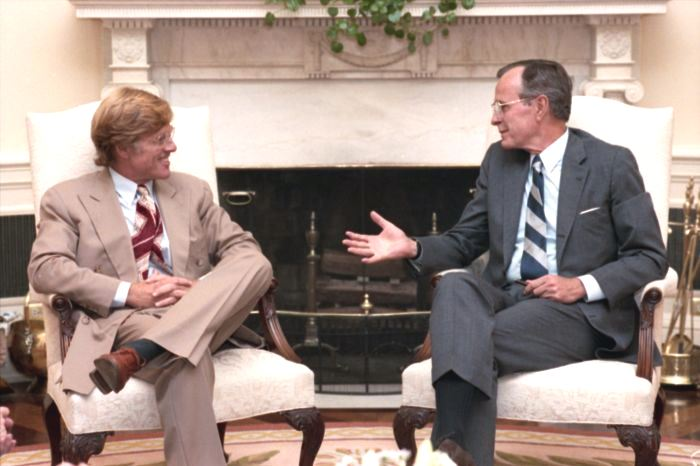
5. Brokering Hollywood as an Activist Actor
Redford’s political activism either satirizing campaigns in The Candidate or making films on corruption did not always ride easiest with Hollywood’s conservative nature. However, his activism, from conservation to pressing legislators, never hurt his status. He lobbied on the Clean Air Act, Clean Water Act, and land conservation in Utah, serving on the board of the Natural Resources Defense Council.
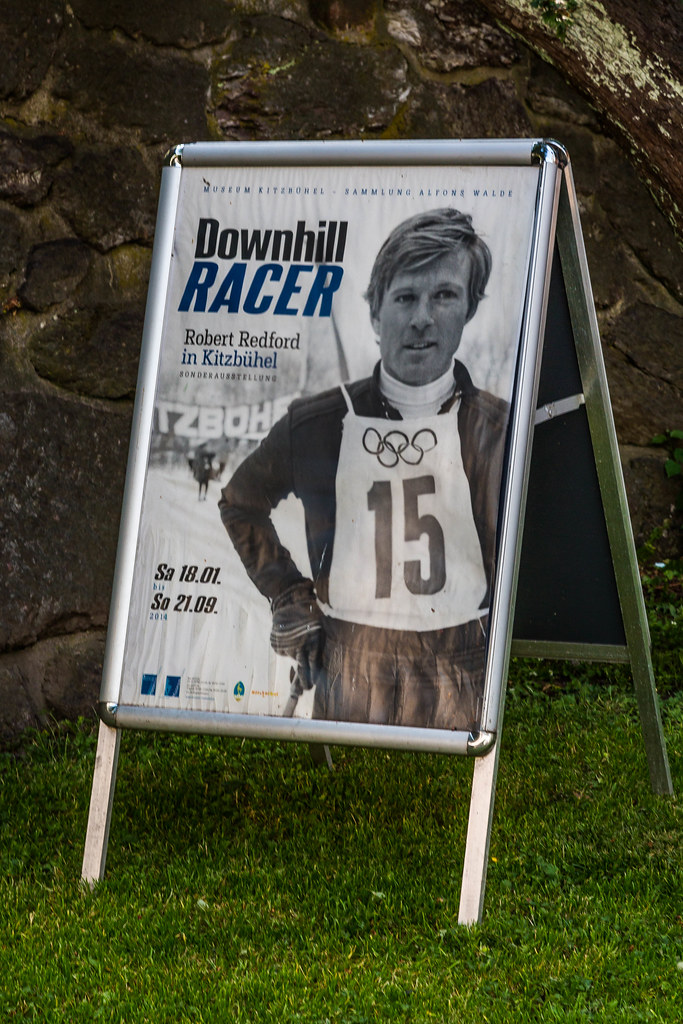
6. Environmental Passion and Cinematic Landscapes
His passion for the outdoors affected his films, from A River Runs Through It to Downhill Racer. “Skiing encompasses everything,” he said to Roger Ebert, and called it “a complete physical expression of freedom.” That passion was poured into decades of eco-activism, sparked by watching Los Angeles become a smog-covered freeway metropolis.
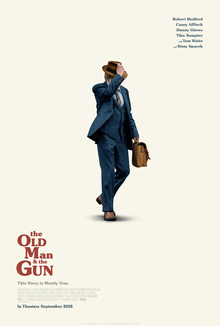
7. Later Career and Last Roles
Even as his acting became more selective, Redford delivered memorable performances Out of Africa, Spy Game, and his self-declared farewell in The Old Man and the Gun. The latter showcased his enduring charm and depth, portraying a gentleman bank robber with warmth and wit. “I’ve had a long career that I’m very pleased with,” he said in 2018, signaling his intent to spend more time with family.
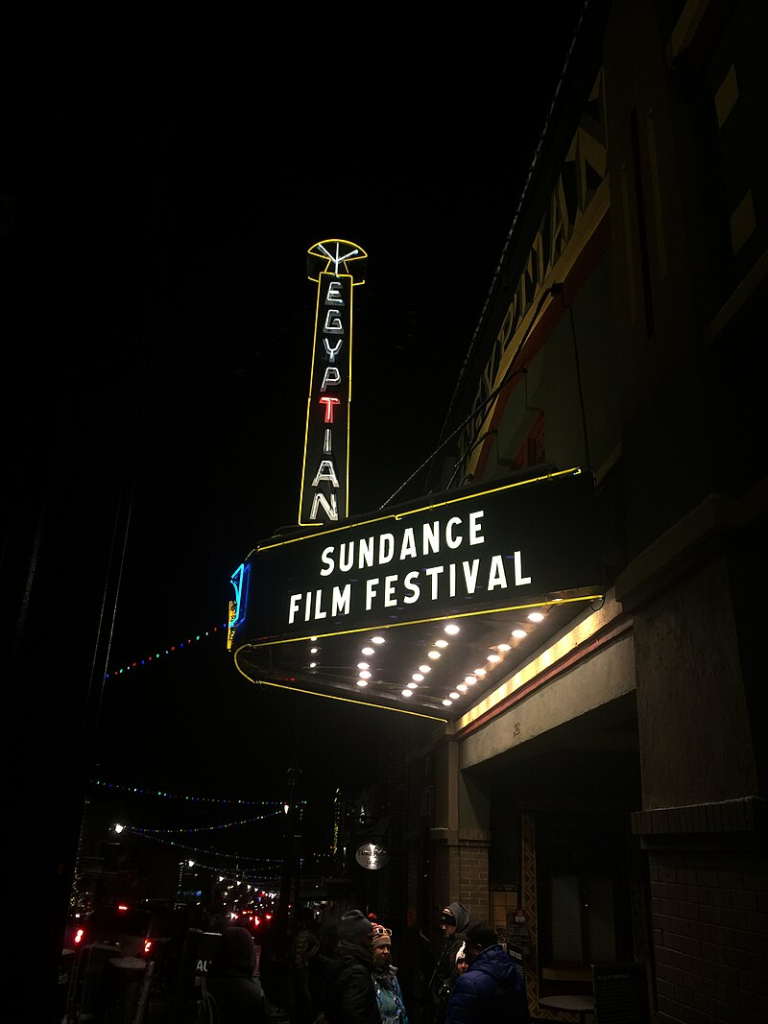
8. Sundance’s Next Chapter
Sundance had overtaken Park City by 2025. Organizers decided to relocate in Boulder, Colorado, from 2027. Alumnus Redford of the University of Colorado Boulder was on board with the relocation: “Change is inevitable, we must always evolve and grow, which has been at the core of our survival.”
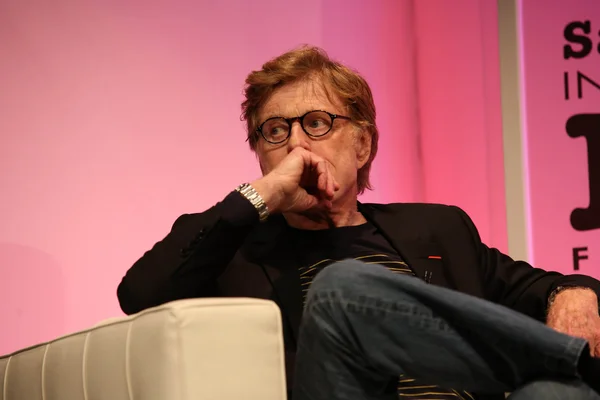
Redford’s legacy includes the golden era of ’70s movies, the creation of a global institution for independent filmmaking, and decades of activism as an environmentalist. His outlaw philosophy, which he called it, was about shedding constraint and heading out whether that was taking Hollywood out of its box or battling for the landscapes he cherished.


